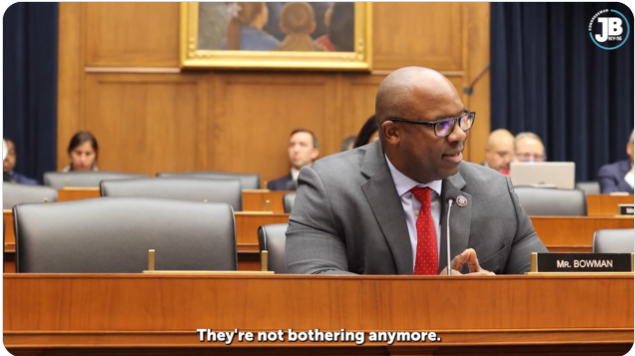Why Young Men in the US Should Pay Attention to and Advocate for the Equal Rights Amendment
July 23, 2024
By Ava Lee-Green
Women’s and girls’ participation in sports is on the rise. With the 2023 FIFA Women’s World Cup right around the corner, there has been a lot of conversation about not only the United States Women’s National Team’s (USWNT) chances of bringing home a fifth World Cup title but their fight for equal pay.
The USWNT has been a dominant force in soccer for years, winning four FIFA Women's World Cups (1991, 1999, 2015, 2019) and four Olympic gold medals. Despite their overwhelming success, they have been fighting for equal pay. After being crowned World Cup Champions in 2011, the USWNT only received $1.8 million to split amongst the 24 players. In contrast, the men’s team received $5 million the year before, despite only making it to the Round of 16.
In 2019, all 28 members of the USWNT filed a gender discrimination lawsuit against the U.S. Soccer Federation, claiming that they were paid less than the men's team despite generating more revenue. Many people also argued that the USWNT deserved equal pay and treatment because they had achieved more success than the men's team.

After three years of back-and-forth between the team and the federation, an agreement was finally made. In the landmark agreement, the USWNT would receive $24 million in back pay and equal pay for both male and female players for friendlies and tournaments moving forward. This meant that, for the men’s team’s participation in the 2022 World Cup in Qatar, the USWNT received a share of the prize money.
Since then, many more women’s national teams around the world have begun fighting for their own equal pay. And, as the 2023 Women’s World Cup approaches, this has been a massive win for the USWNT and highlights the need for legislation like the Equal Rights Amendment to protect people from gender pay inequality.
On April 20, 2023, the U.S. House voted in favor of the bill H.R. 734 (which contrarily titled the “Protection of Women and Girls in Sports Act of 2023”), which would ban transgender, nonbinary, and intersex athletes from participating in girls’ sports in federally funded schools. Although the authors of this bill claim to be working in the interest of cisgender girls in sports, it is clear that it aims to add to the discrimination that transgender people – especially trans youth – already face.
“Trans kids deserve the right to be equal members of their school communities, learn sportsmanship, and challenge themselves outside of the classroom, including by participating in school sports,”
– Rep. Mark Pocan of Wisconsin

There is already some legislation in place that is designed to protect students in these situations. Title IX prohibits sex-based discrimination in activities that receive federal funding, such as school athletic programs. It seems evident that this new bill could be a violation of Title IX.
Banning trans, nonbinary, and intersex youth from participating in school-sponsored athletics does not protect cis-gender girls. Instead, it perpetuates harmful systems of discrimination. In the past few years, many breakthroughs have been made in women’s equality in sports. But, more work must be done to ensure that all children have the opportunity to participate in extracurricular activities.
For ways to get involved, check out some of our partners working on transgender equality: